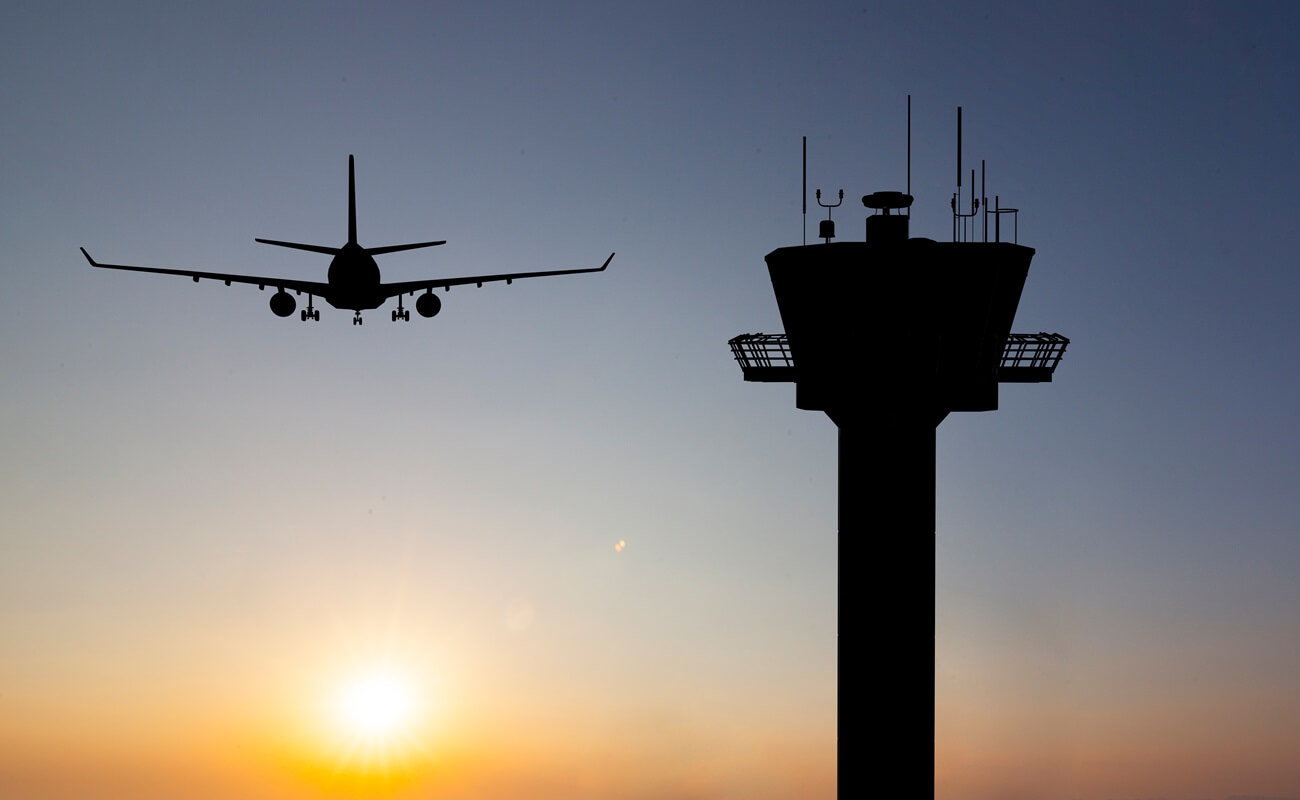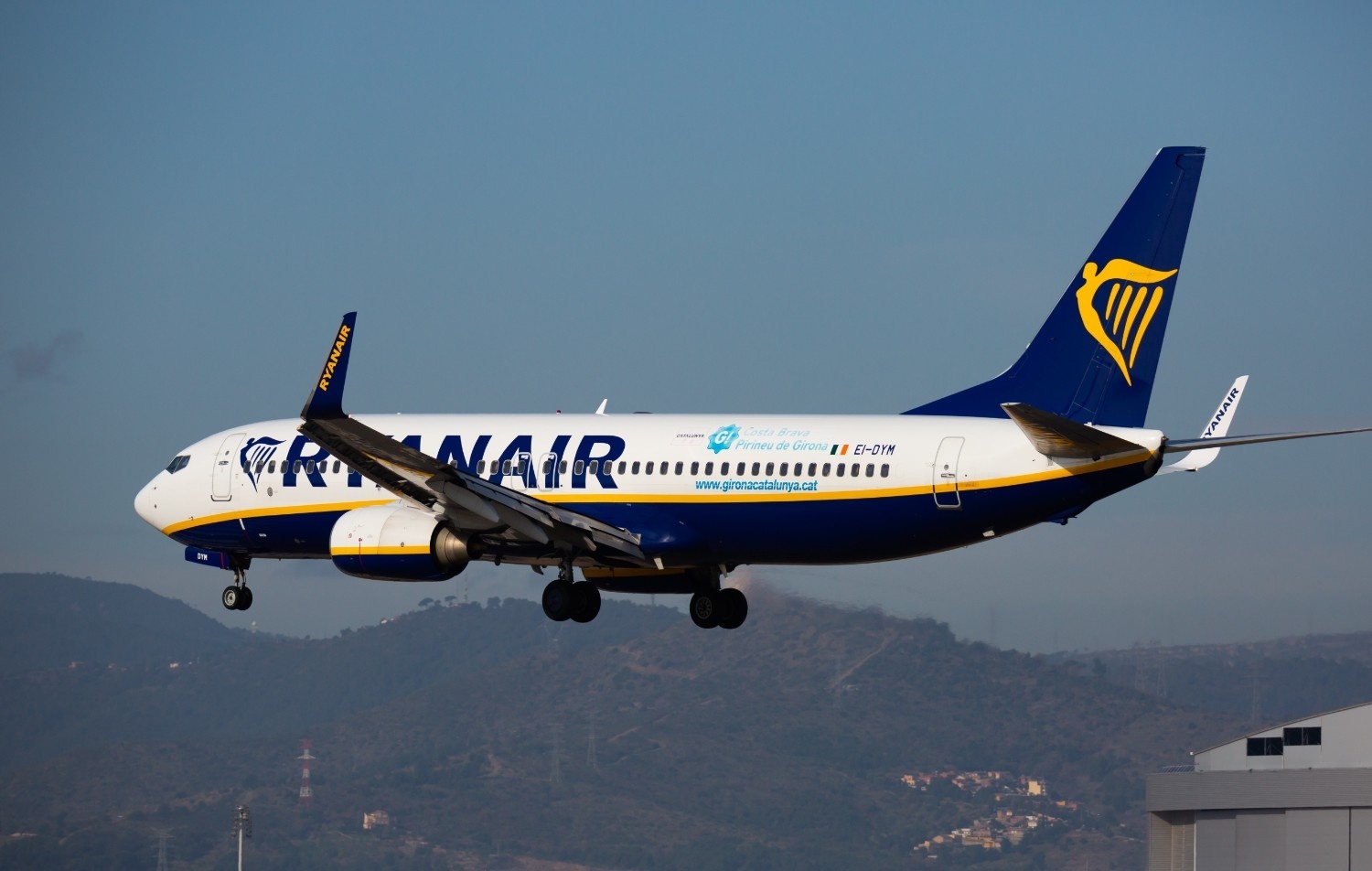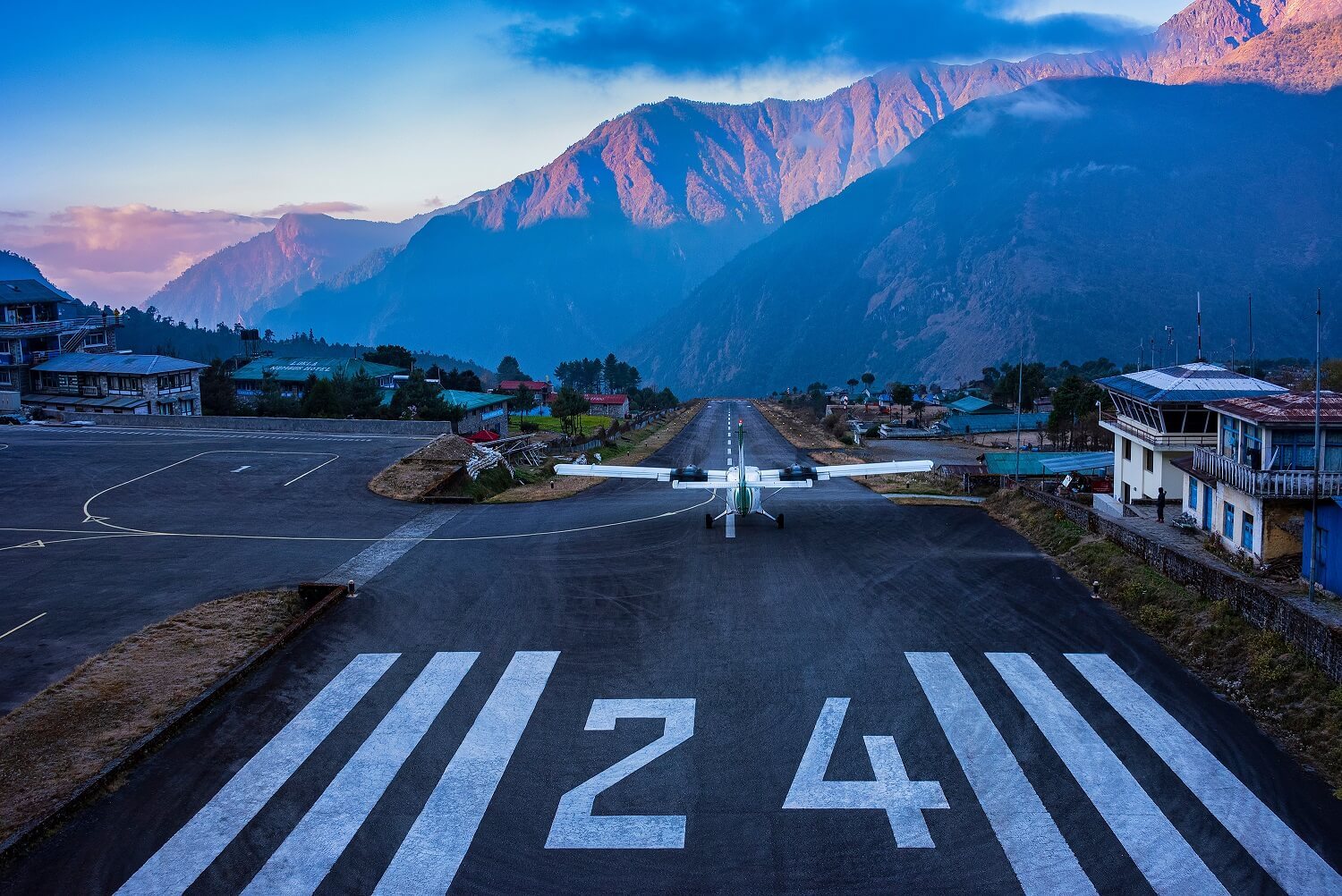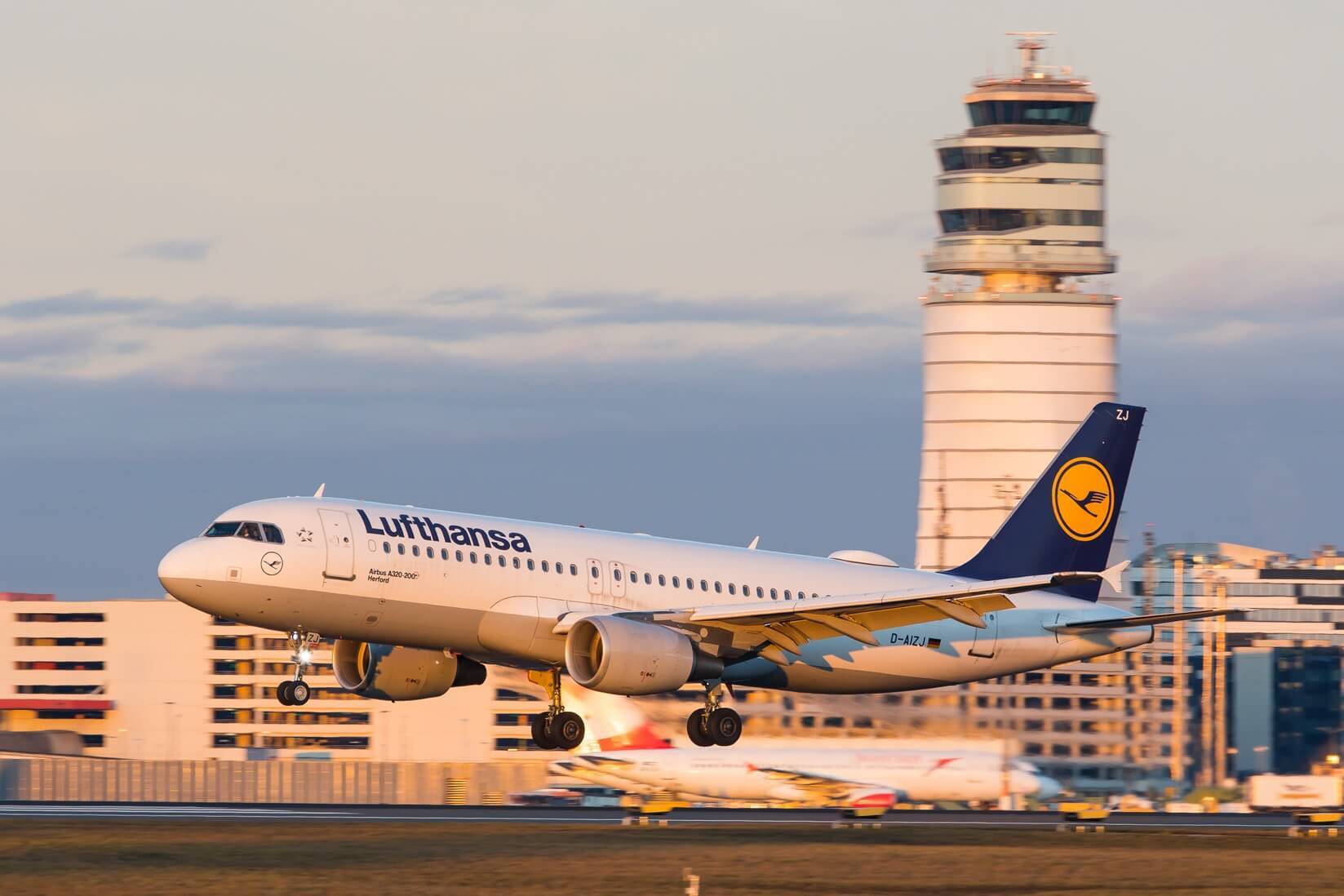The role of artificial intelligence in air travel

Artificial Intelligence (AI) has become an integral part of the aviation industry, transforming the way we experience air travel. From booking a ticket to landing safely at your destination, AI is making air travel more efficient, convenient, and secure. In this article, we'll explore how AI is reshaping the aviation industry, from customer service enhancements to predictive maintenance, air traffic management optimization, and improvements in safety and security.
Customer service: Chatbots and virtual assistants
One of the most visible applications of AI in air travel is the use of chatbots and virtual assistants. Airlines and airports employ AI-driven chatbots on their websites and mobile apps to provide real-time assistance to passengers. These AI-driven systems can answer queries, assist with booking flights, provide information on baggage policies, and even issue electronic boarding passes.
Chatbots are available 24/7, providing immediate responses to common questions, reducing wait times for customers, and enhancing the overall booking and pre-flight experience. They can understand natural language and learn from interactions, continuously improving their performance.
Predictive maintenance
AI has also revolutionized aircraft maintenance. Through the analysis of data from sensors and historical maintenance records, AI can predict when an aircraft component is likely to fail. This proactive approach allows airlines to schedule maintenance before a breakdown occurs, reducing the risk of in-flight issues and improving aircraft availability.
Predictive maintenance not only enhances safety but also lowers operational costs. Airlines can avoid costly delays and cancellations due to unexpected maintenance issues, ensuring that passengers arrive at their destinations on time.
Optimizing air traffic management
Air traffic management is a complex task, and AI is playing a crucial role in optimizing the flow of air traffic. AI algorithms can process enormous amounts of data, including weather patterns, air traffic, and airport conditions, to predict congestion and delays. Air traffic controllers can use this information to make real-time decisions, rerouting aircraft to minimize delays and enhance overall efficiency.
Moreover, AI is also contributing to the development of autonomous drones and Unmanned Aerial Systems (UAS). These technologies have the potential to revolutionize cargo delivery and emergency services, offering safe and efficient aerial transportation in various applications.
Enhancing safety and security
Safety and security are paramount in air travel, and AI is helping in multiple ways. AI algorithms can analyze security camera footage and detect suspicious behavior or objects in airports, enhancing security measures. Additionally, AI can assist in identifying potential security threats by analyzing passenger behavior and comparing it to known patterns of suspicious activity.
Furthermore, AI is used in the development of pilot assistance systems, including autopilot functions and collision avoidance systems. These technologies reduce the likelihood of human error and enhance overall flight safety.
Artificial Intelligence is redefining the air travel experience, from the moment passengers book their tickets to the safe arrival at their destination. Chatbots and virtual assistants make booking and pre-flight information readily accessible, predictive maintenance improves aircraft reliability, optimized air traffic management reduces delays, and AI-enhanced safety and security measures provide peace of mind to travelers.
As AI continues to advance, we can expect even more innovations in the aviation industry. From autonomous aircraft to improved in-flight services, AI is paving the way for a more efficient, secure, and enjoyable air travel experience. Embracing these technological advancements, the aviation industry is poised to make air travel more accessible and convenient for people around the world.
Latest posts
Ryanair goes paperless – What this means for your next flight
Ryanair ends paper boarding passes on Nov 12, 2025. Travelers must use the myRyanair app for check-in and boarding.
Flight delays and cancellations in August 2025
Check which flights were delayed in August 2025 – you may still be entitled to claim up to 600 € in compensation.
Flight delays and cancellations in July 2025
Check which flights were delayed in July 2025 – you may still be entitled to claim up to 600 € in compensation.












